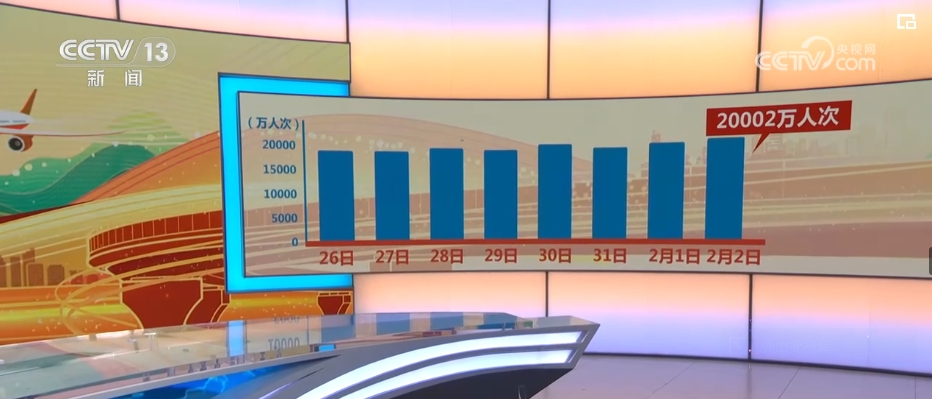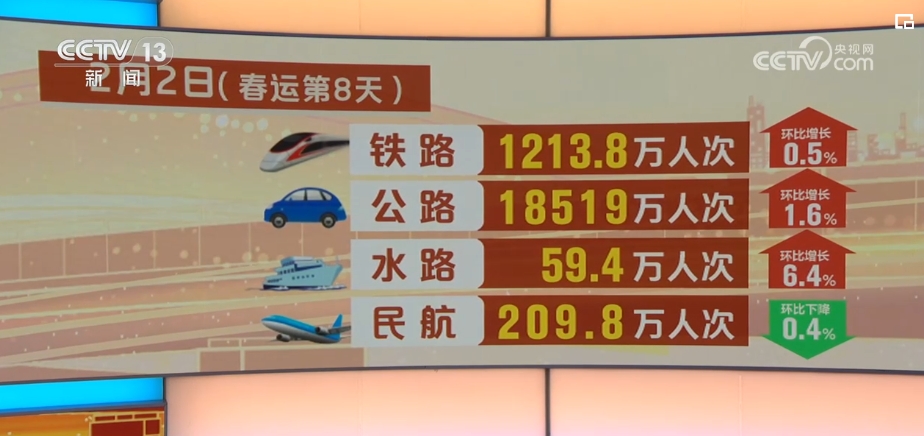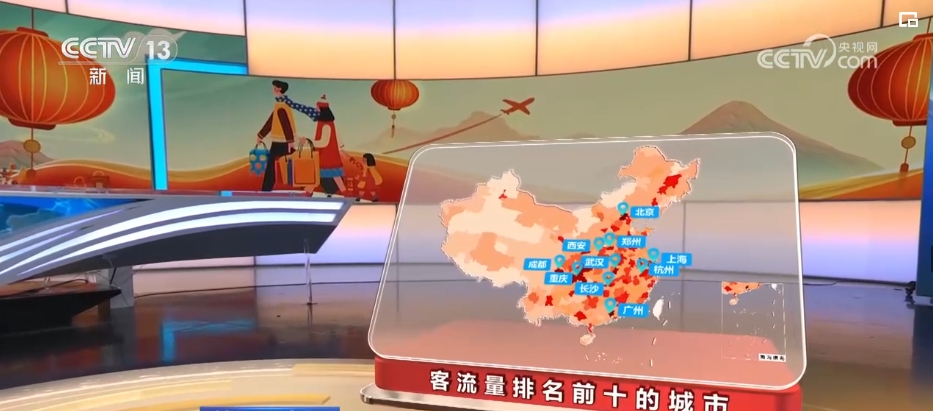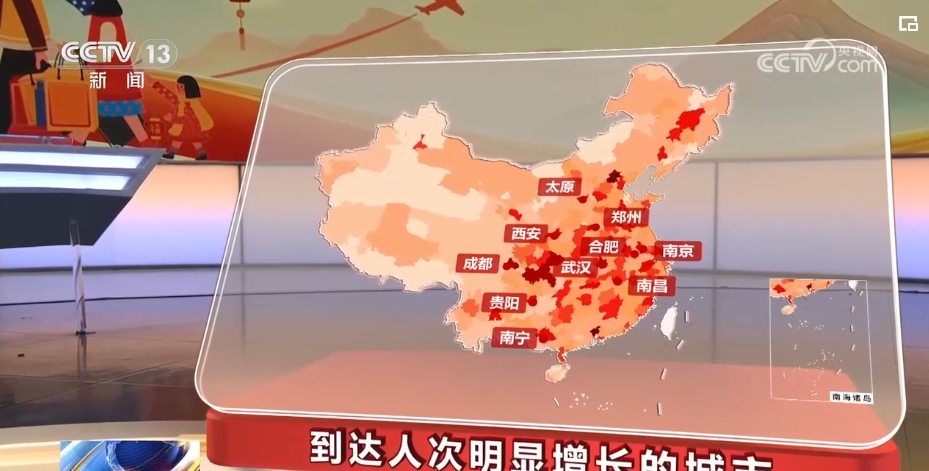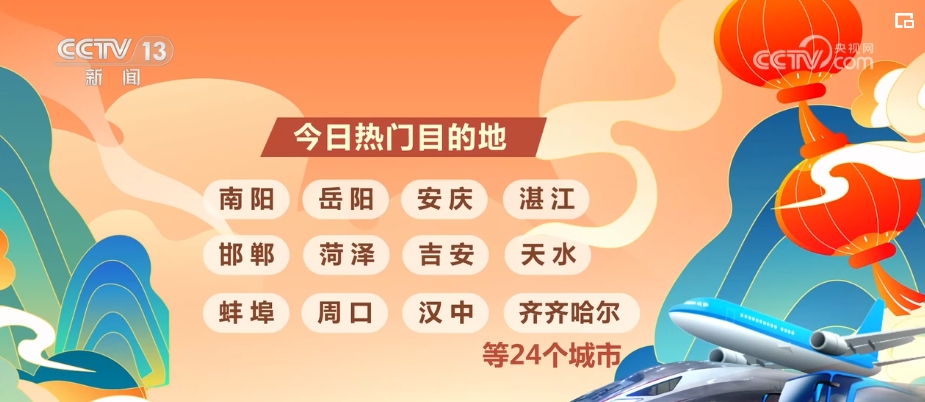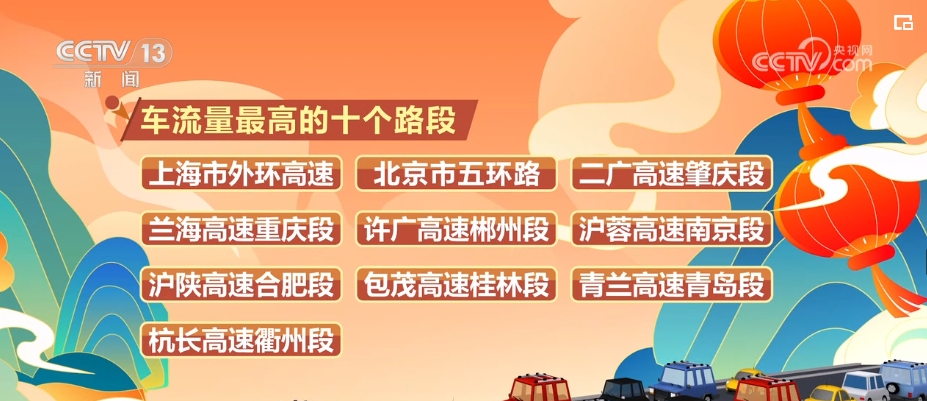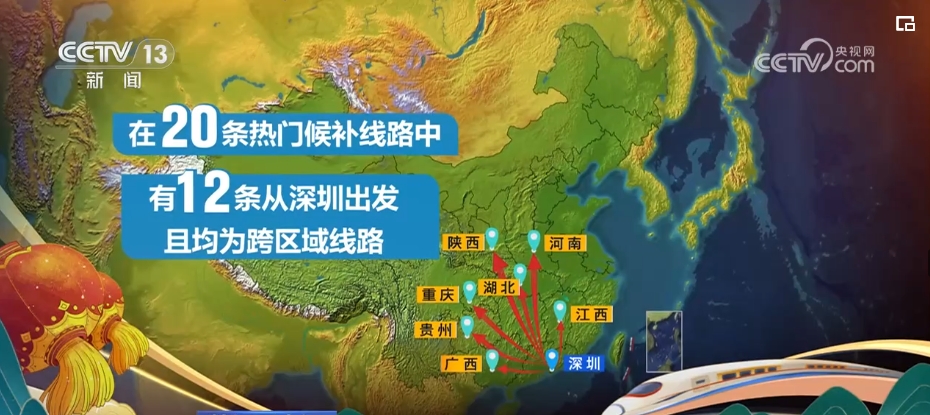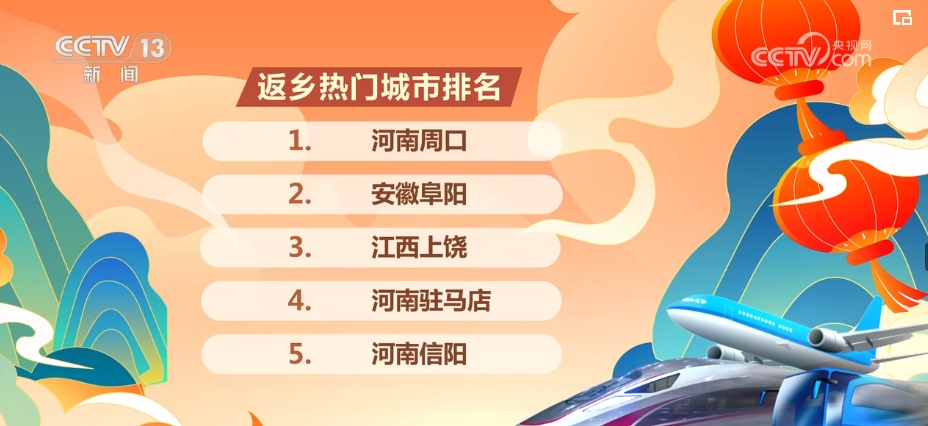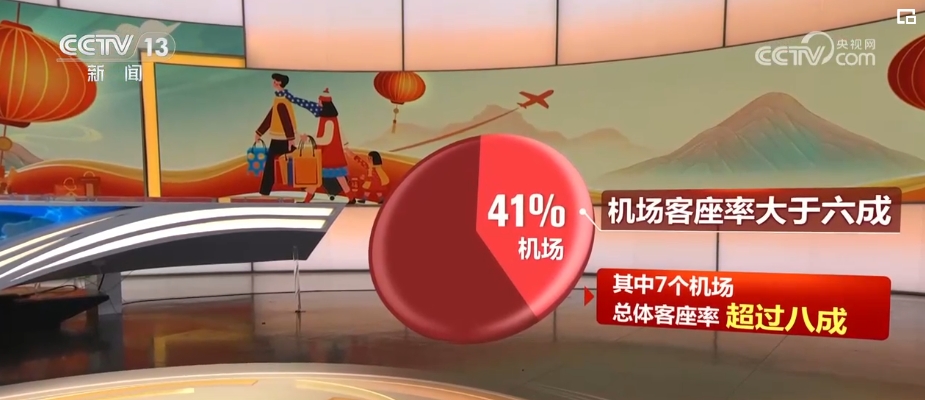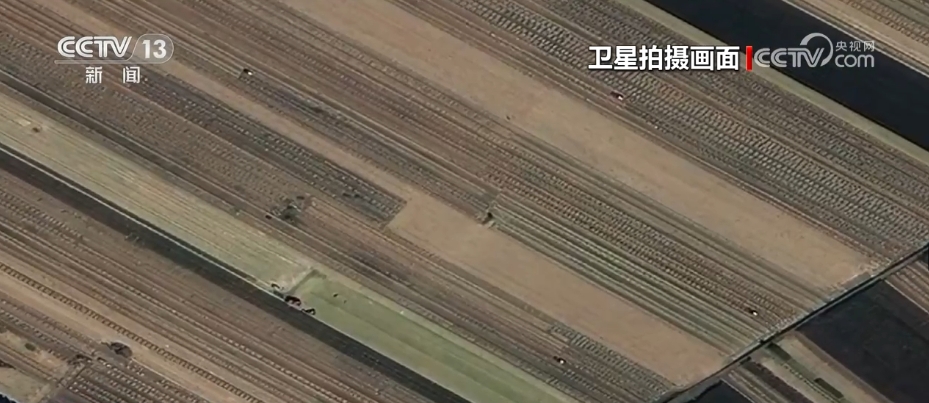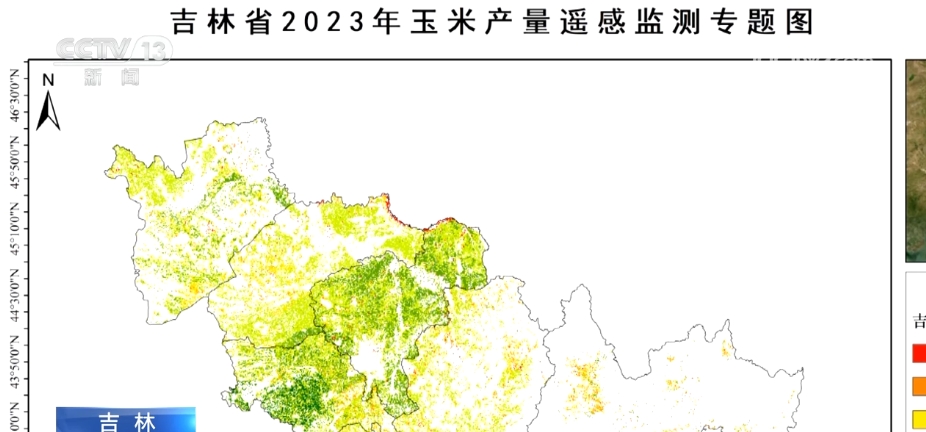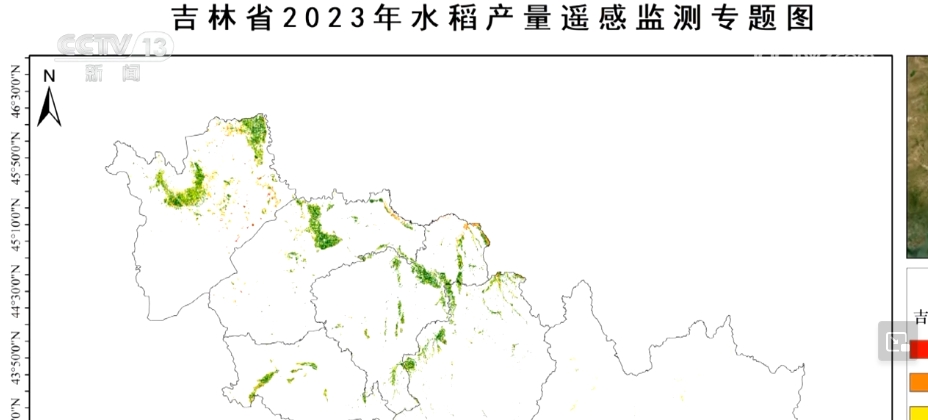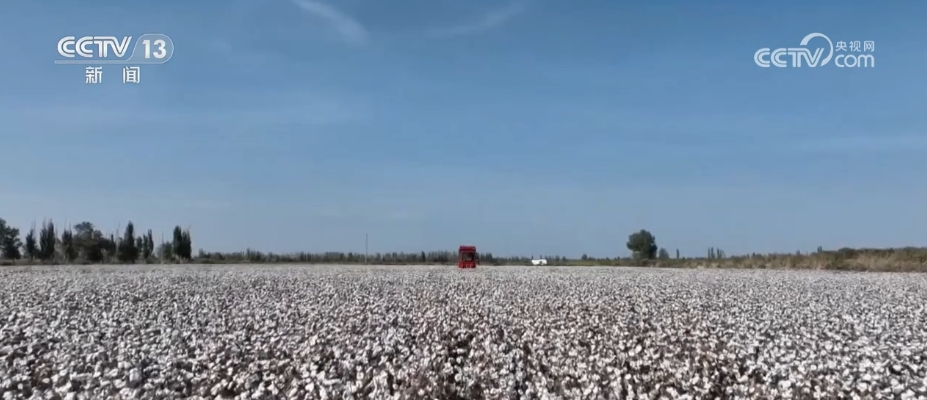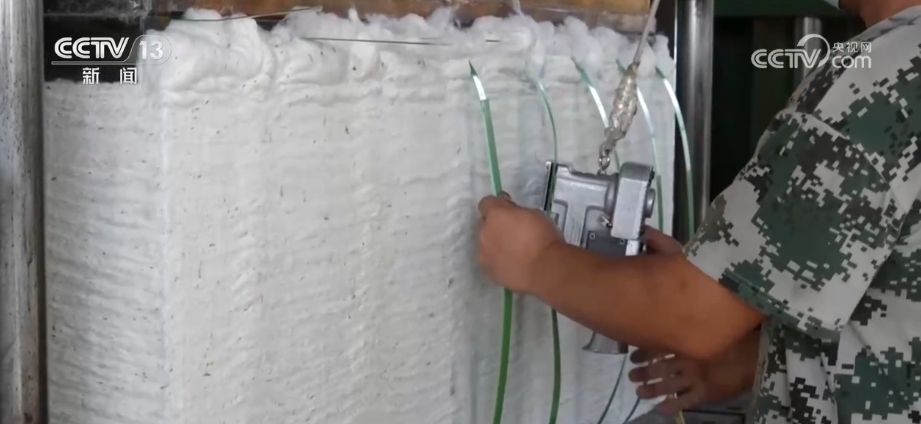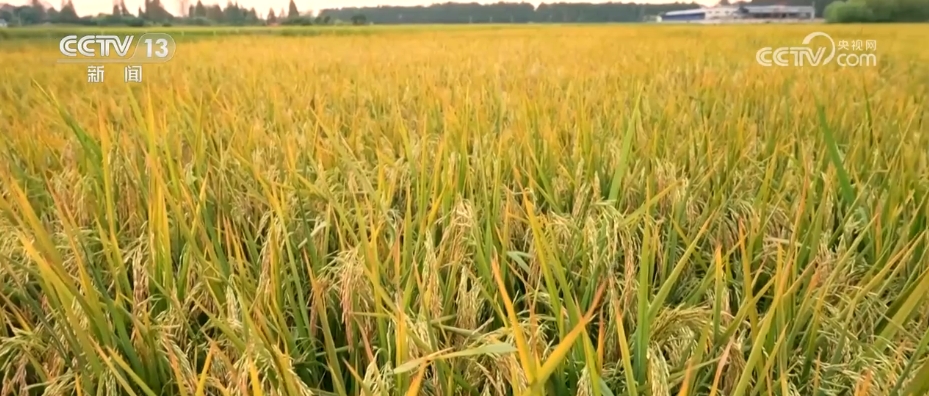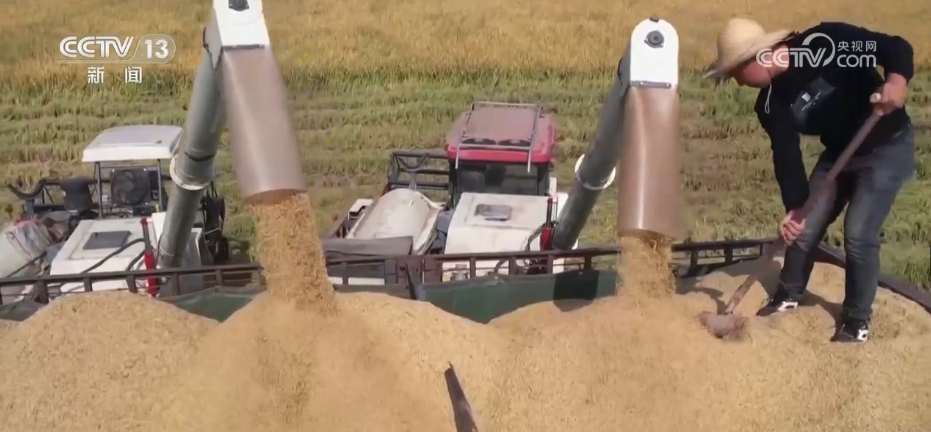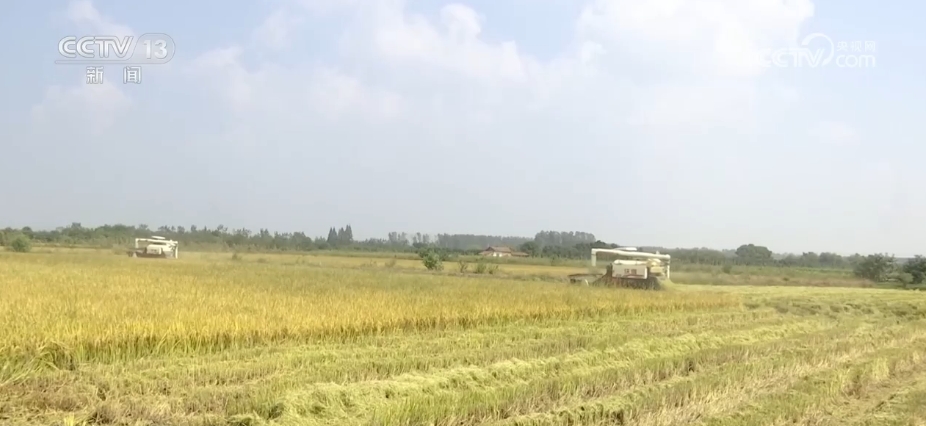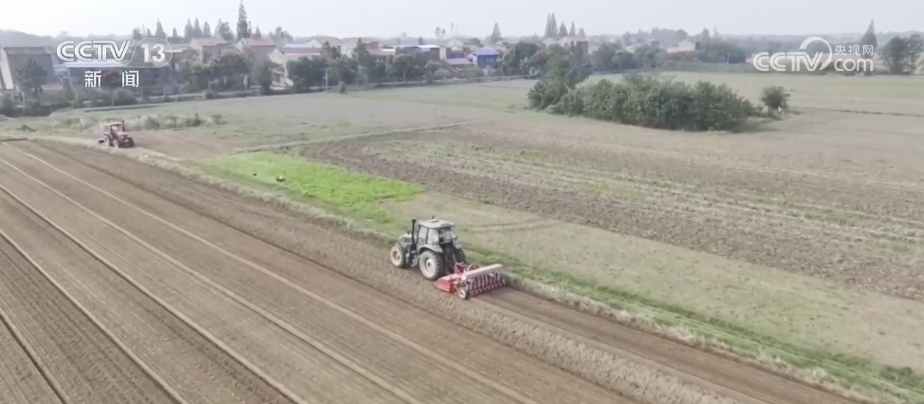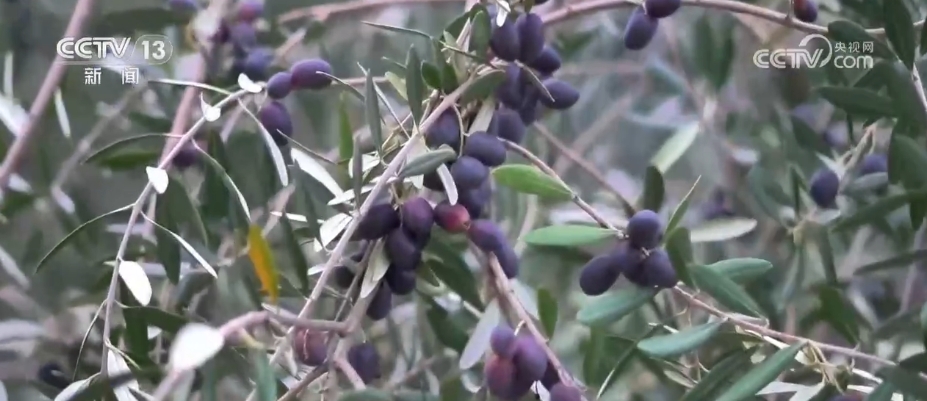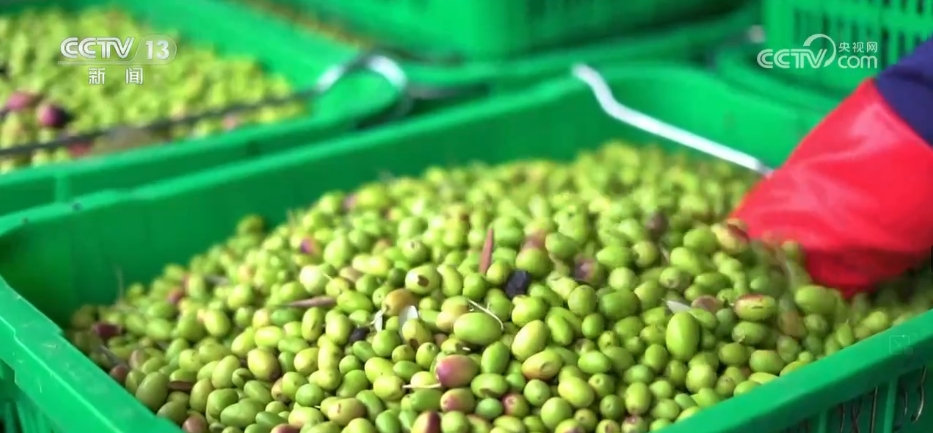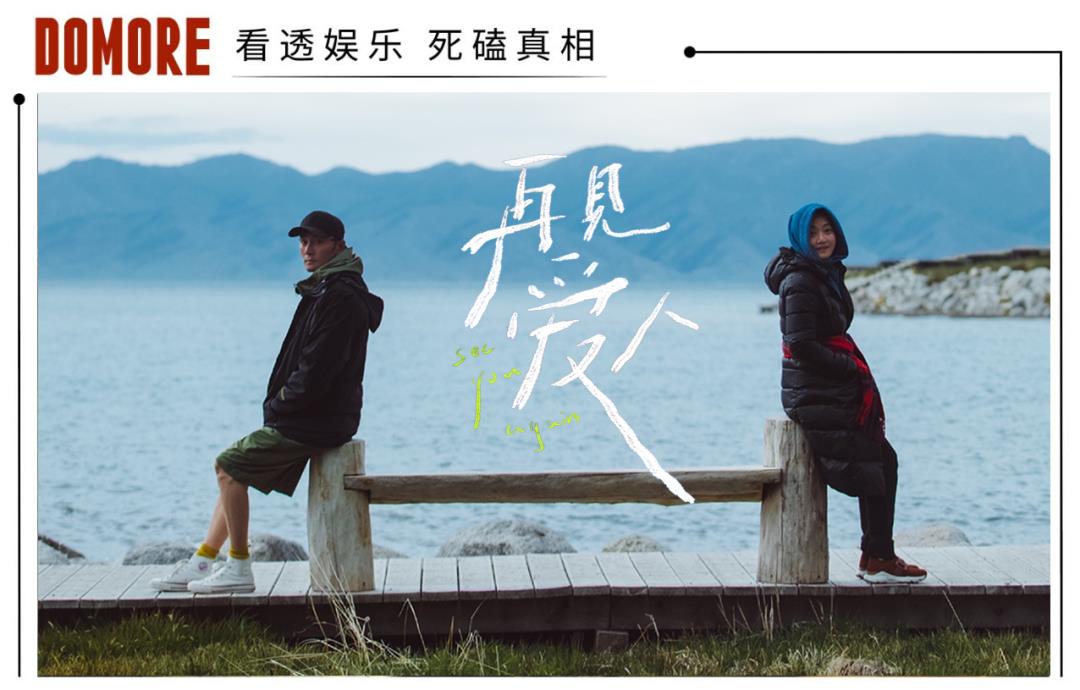
When love disappears, how to say goodbye?
Text | Zhang jiaqi
Edit | Zhao Ordinary
Goodbye lover will have a big finale this Wednesday.
This is a "divorce variety show". The program group invited three groups of guests in different divorce States: Guo Keyu and Zhang He have been divorced for one year; KK and Tong Chenjie are facing the "seven-year itch" and are considering whether to divorce; Wang Qiuyu and Zhu Yaqiong have just entered the cooling-off period of divorce. They wrote the final answer to their marriage through an 18-day trip.

To some extent, this variety show has certain practical value. Guo Keyu asked in the program, "What if there is no love? Can you say goodbye with love? " Perhaps, compared with how to find love, how to deal with "post-intimacy" after love disappears is also an important topic for contemporary young people.
In fairy tales, the prince and princess go through thousands of difficulties, and the ending is always "live a happy life". However, real life is full of difficulties. When the pink filter was removed, Goodbye Lover wrote a sequel to the fairy tale, which was not perfect but true enough.

A sequel to a fairy tale
On January 1, 2021, the cooling-off period of divorce was officially implemented. Like all couples who want a divorce, Zhu Yaqiong and Lao Wang need to think hard for 30 days, and if they don’t change their minds, they can get a divorce certificate.
The difference is that their divorce cooling-off period was spent on a trip. As a pair of guests in Goodbye Lovers, together with two other couples, they started an 18-day long-distance trip in Xinjiang and confirmed their minds in the process.

This is a reality show variety around the topic of "divorce". According to the statistics at the end of 2020, the national average divorce rate is as high as 39.33%, and about four out of every ten married couples choose to divorce, with Jilin Province having the highest divorce rate of over 70%. And this data has been on the rise for 16 consecutive years.
Even in the case that divorce is so common, Goodbye Lover still takes some risks by choosing "divorce" as the incision in the marriage relationship. Ni Ping, a flying guest, also mentioned that it is not easy to show his marital status in front of a national audience. In this program, conflicts and collapses are frequent scenes, and even when recorded by the camera, it is difficult for the guests to control their emotions.
Wu Mengzhi, the chief producer, once mentioned that the most important part of the reality show is "selecting people". As long as the right guests are selected, the program will be 80% successful. In Goodbye to Lovers, three couples are in different stages of marriage, which also covers the problems existing in marriage relations in real life to a great extent.

As can be seen from the public opinion field, people’s attitudes towards marriage have changed dramatically over the years. This change is also reflected in the program. "Living together" is no longer the first priority of marriage. Compared with it, contemporary young men and women pay more attention to spiritual harmony and emotional resonance.
Therefore, how to manage a marriage well has become a more difficult proposition than before. Trivial matters are still obstacles to be overcome. In addition, intimacy has added more dimensions.
For Lao Wang and Zhu Yaqiong, the biggest enemy of intimacy is "way of thinking". When they got married, they didn’t hold a wedding or take wedding photos, which became a thorn in Zhu Yaqiong’s heart.

Zhu Yaqiong longs for romance and freedom, and pays attention to the sense of ceremony, while Lao Wang is a "pragmatic school". This collision in thinking is reflected in all aspects of life. In the program, Zhu Yaqiong mentioned a story many times: Lao Wang even counted down the hug between them.
The reason for Zhang He and Guo Keyu’s divorce is that they can’t walk into each other’s world. They belong to "flash marriage", and the decision to get married is rather hasty. After having children, they also lack time to cultivate their feelings, so there is a serious shortage of communication.
Do you have love after all? This is a problem that has always existed in this relationship. Contradictory personality and habits of work and rest make this couple, who have been married for ten years, become "the most familiar strangers". However, this is also the reason why this group of guests are most optimistic about remarriage: it seems that this 18-day trip turned out to be a few days when two people have known each other for so long.

In a link in the latter part of the program, the guests wrote the most impressive words of each other on the note and shared the story at that time. Most of these stories appear in the early days of love or marriage, belonging to young men and women who have just stepped into love. Wang Qiuyu will send a romantic short message "I’ll go while you’re here", and Guo Keyu is thinking about the flight time of Zhang He’s return trip.
The beginning of love is always written in great detail. There are sweet stories of love at first sight to provide fantasy, and there are also hundreds of love rules for reference. What "Goodbye Lover" presents is the "chicken feather in one place" staged after the end of the fairy tale.

Lian hun zong yi AB noodles
No amount of sweet filters can hide the fact that marriage is on the verge of breaking up.
When KK and Tong Chenjie first appeared, they looked very loving. Even Guo Keyu teased them and came to participate in "The Romantic Travel of Wife". However, with the development of the program, the problems in the marriage relationship between KK and Tong Chenjie gradually exposed, and the audience suddenly found that these problems hidden under the iceberg seemed to be more serious.
This is the difference between Goodbye Lover and other marriage and love variety shows: when feelings are peeled off, each paragraph has its own bitter taste.
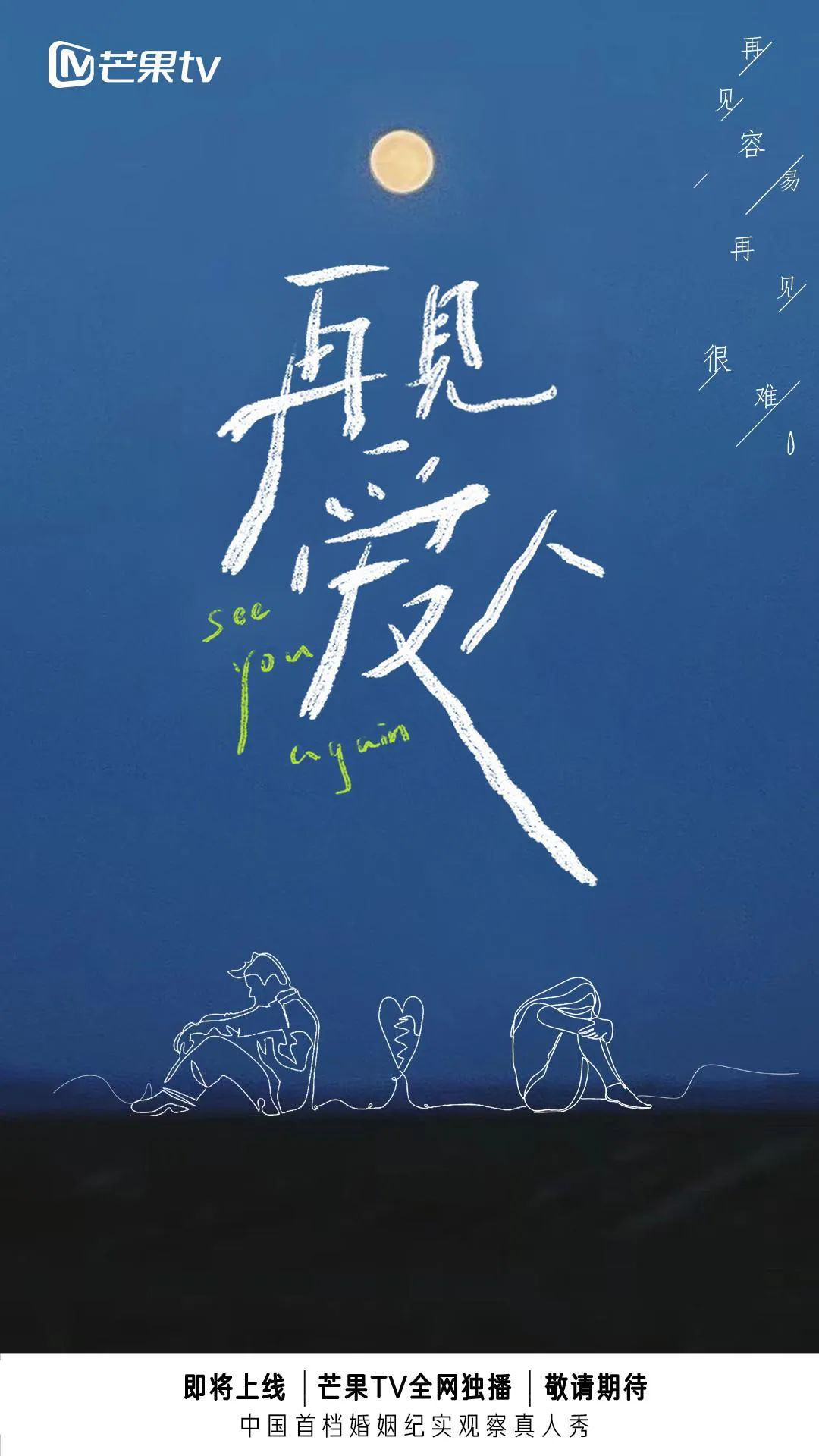
Love variety shows entered the era of 2.0 in China, starting with "Signal of Heartbeat". In March 2018, the Korean love variety "Heart Signal2" premiered. Although this program has been broadcast in the first season in 2017, it was not until the dog blood "love triangle" appeared in the second season that it caused a wider discussion in China, and it also made the "real world dog blood drama" become the key frame of love variety.
In the same year, Tencent Video purchased the copyright and launched the first season of Heartbeat Signal. In the form of the program, the Korean version was almost completely reproduced. They are all in love, superimposed with "reasoning" elements, and guessing the relationship between amateur guests has become a major attraction of this kind of variety show. Since then, Iqiyi, Youku and Mango TV have also successively launched programs such as Love You Me, Let’s Love, Dream Space and so on.

Although the forms are different, most of the love variety shows in the 2.0 era follow a similar "template", that is, strange men and women are "put" into the same field, and they can fall in love at will within a limited time.
This is the A side of the variety show of marriage and love, which provides people with the satisfaction of emotional needs. Taking CP has become the first meaning of this kind of program, and watching "Xiuluo Field" and love line reasoning has also increased the effect of the program.
Goodbye Lover is the B side of the variety show of marriage and love: here, the beautiful feelings are either suddenly revealed, or the stories presented have become a thing of the past, based on more real life.
A marriage can hardly exist independently between husband and wife. The simple "1V1 link" obviously only exists in the early stage of the establishment of intimate relationship. In the marriage relationship, there are more and more complicated issues to consider. This is the first truth shown in Goodbye Lover.
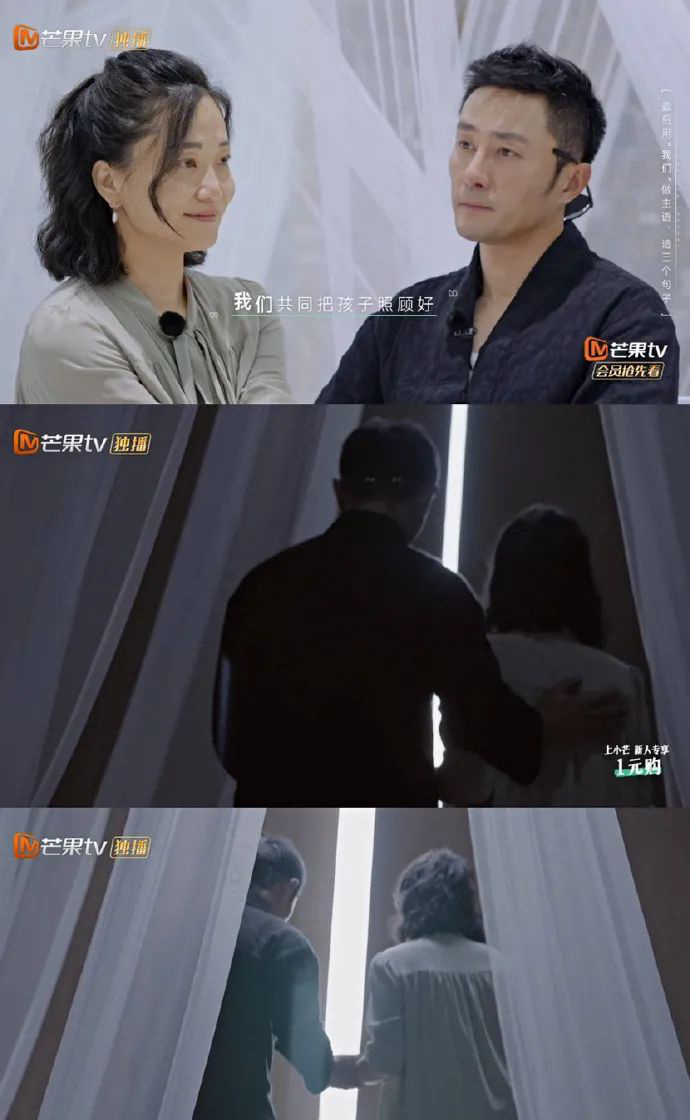
Dong Chenyu, a lecturer at Renmin University of China, mentioned in an interview with the media that Chinese should not only consider the relationship between the two parties in love, but also the relationship between the two families behind them. This is a marriage and love model with East Asian cultural characteristics. Therefore, compared with other love variety shows that focus on the early stage of love, there are many ties between the two in Goodbye Lover, which may be parents and children, economic status and social status, and even friends, colleagues and predecessors.
Take KK and Tong Chenjie as an example. The core contradiction between them is whether they should have a child. KK insisted that Tong Chenjie should have children, and the deeper reason was that he always lacked security in this relationship. In the program, he repeatedly mentioned that he was not from Shanghai, but moved to Shanghai for the sake of Tong Chenjie. He had no sense of belonging in Shanghai, and his economic situation and career development were not as good as that of his wife. All kinds of problems led to the pressure in his marriage relationship.
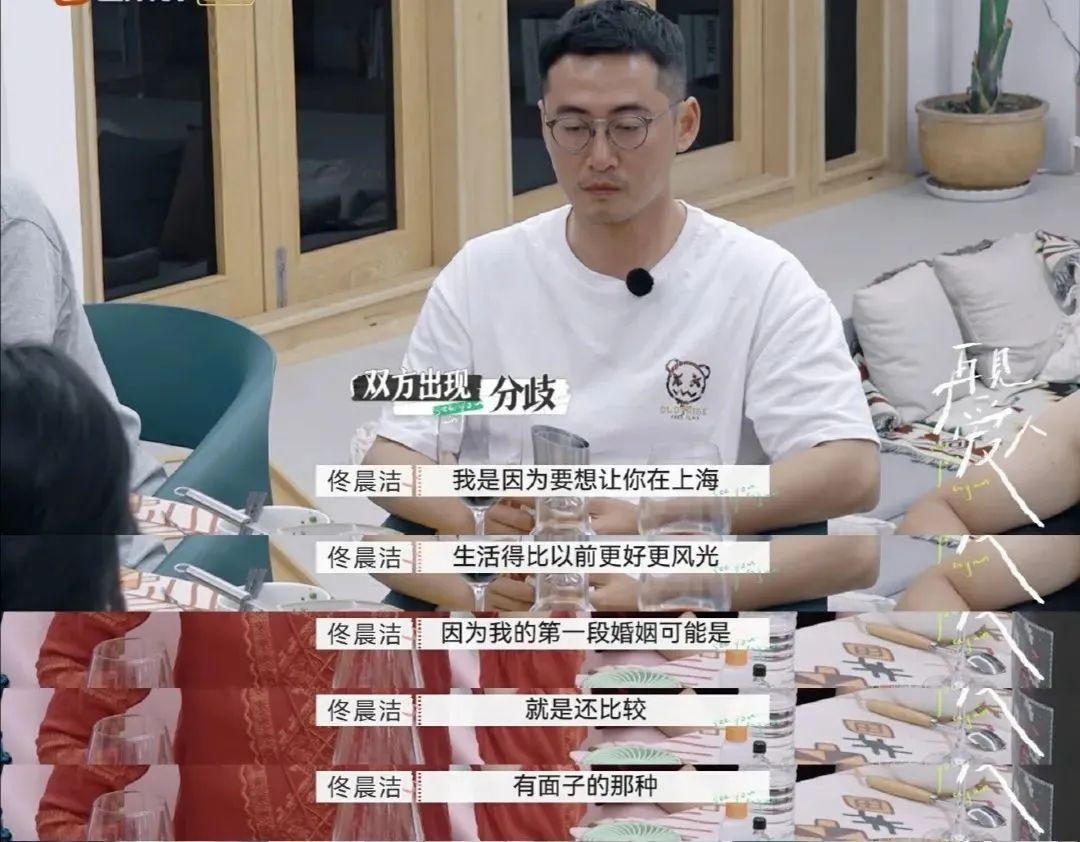
Besides, the influence of family of origin is also reflected in this program. Lao Wang mentioned in the program that he received a "genius education" since childhood, and his father was extremely strict with him, giving priority to criticism and lacking emotional communication, and he also used this model in getting along with Zhu Yaqiong. Huang Zhizhong hit the nail on the head and pointed out Lao Wang’s problem: "Wang Qiuyu is not a question of loving his wife, but he may not love himself."
The third truth lies in "conflict". In the "A-side" love variety, the conflict is necessary but unpredictable, and even "human intervention" is needed in the link setting. For example, the mini date link and the rule of "two-day and one-night group outing" newly introduced in Heartbeat Signal 4 are all aimed at enhancing the sense of conflict and adding uncertainties to the emotional line, thus improving the possibility of the emergence of "Xiuluo Field".
In Goodbye Lover, conflicts can happen anytime and anywhere. KK and Tong Chenjie quarreled repeatedly at the dinner table because of drinking. Even Yang Di, the "king of variety" who can be skilled in all kinds of variety shows, was at a loss when the war suddenly escalated.
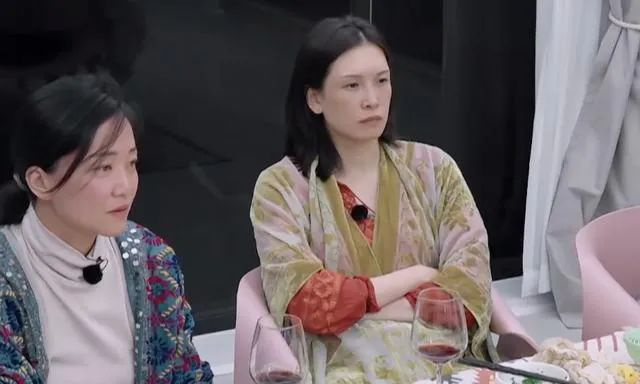
After the pink filter faded, when the more real intimate relationship was presented naked to the audience, Goodbye Lover actually took a small step forward in the field of marriage and love variety.

"Heterogeneous"
Zhang He and Guo Keyu are the most vocal couples for "remarriage". Searching for their CP clips in bilibili has more than 50 pages. Some people joked on the barrage that everyone was "looking for candy in the glass."
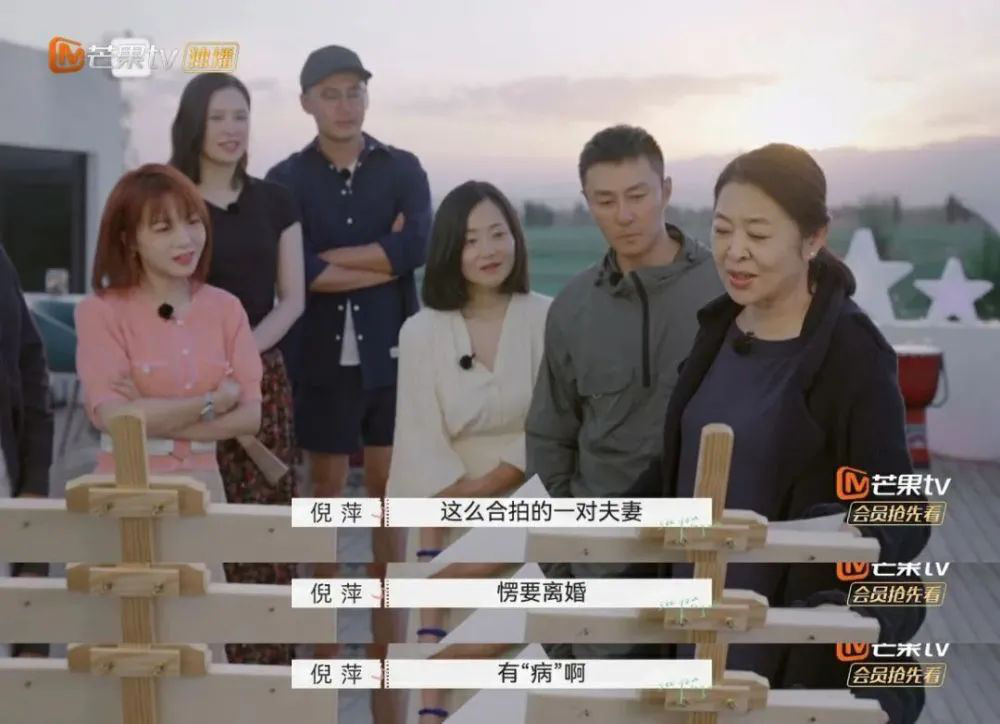
This reflects a certain demand of contemporary young people: contemporary young people like to watch others fall in love more and more.
The drama series with the theme of love has changed from "romance" to "sweet pet", and "parents are short" has been eliminated, and the love-hate entanglement between the male and female protagonists has become the main plot, implying that all the surrounding plots unrelated to love have been stripped; "Ke CP" has become a hot trend, and the actors who play CP in the play need to continuously extend their business period to meet the imagination of fans. After the end of the drama, CP powder is also looking for the "evidence of love" between the two in real life.
Under such a trend, variety shows have also become the carrier of "watching love". Even in the talk show variety show, there are popular CPS such as "Snow Country Train" and "Mianli", which make countless people take the lead. Therefore, even in the marriage and love variety show "Goodbye Lover", which has already written the ending and completely stripped the filter, there are also audiences who are addicted to CP.
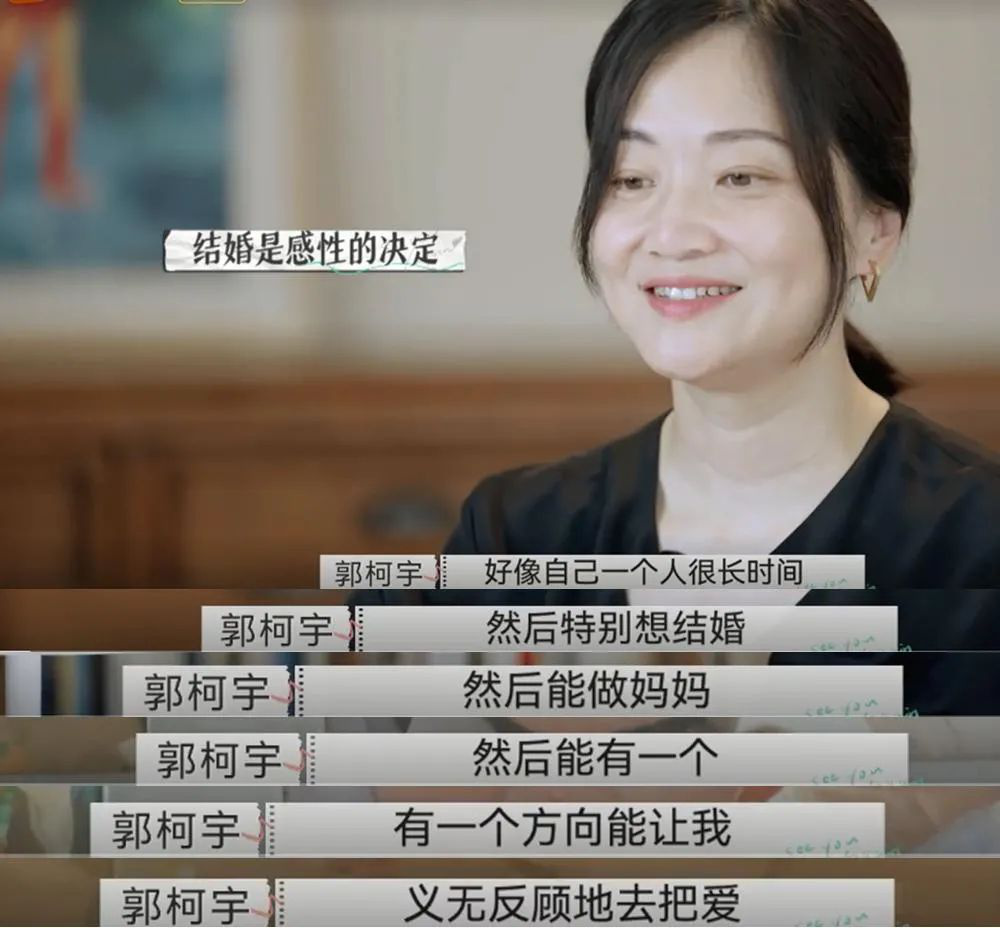
In the era of marriage and love variety 2.0 with making sweetness as the mainstream, Goodbye Lover is an alien. This is one of the reasons why it can’t move from the circle to the national explosion. Although the score of the program in Douban is as high as 8.7, the number of raters is less than 20,000, which is lower than the series of Heartbeat Signals.
Another reason may be that when intimate relationships become complicated, it is difficult for the public opinion environment at this stage to provide sufficient discussion space.
In the process of exposing the problems among the three pairs of guests one by one, the man’s problems are more obvious, for example, Lao Wang overlooks Zhu Yaqiong’s emotional needs, while KK is male chauvinist and alcoholic, so the male guests are quickly labeled as "love rat". Since then, whenever the woman makes some "weakness" actions, she will be evaluated as "one willing to fight and one willing to suffer".

Tong Chenjie was regarded by the teacher in the observation room as the person with the highest "love for business". After the fierce conflict between them, Tong Chenjie would take the initiative to resolve the conflict every time. But for some viewers, this "initiative" does not have any positive effect, because KK is obviously "hopeless".
However, these violent conflicts are actually only slices of married life, and marriage is a far more complicated proposition than imagined. Shi Xiuxiong, a psychological counselor, pointed out, "Now people are too arbitrary and judgmental when talking about marriage and love. No intimate relationship can be arbitrarily summarized by a few simple labels. "
Although it can’t be an "explosion", there is no doubt that "Goodbye Lover" has added a new perspective to the current variety show of marriage and love. Even the guests themselves were not sure at first what kind of program they were participating in. KK didn’t even notice the problems in their marriage, but Tong Chenjie decided to sign up. Zhang He also asked the program group before the show: Do you want to fix us up again?

"second time around" is a common bridge in romance novels. In Goodbye Lover, besides expecting the ending, it is more from observing others to observing oneself. Shi Xiuxiong mentioned that this program exposed the unharmonious part of the marriage relationship to the public’s field of vision, which was constructive for the audience, helped more people to know that their problems were not isolated cases, reduced the sense of shame and learned to accept themselves.
In addition, not all divorced couples are "old and dead", especially in the case of a long marriage, property can be divided, but it is difficult to completely separate each other’s social circles, family members and even children. Therefore, when the marriage relationship comes to an end, it is necessary to start a new relationship.
Lao Wang and Zhu Yaqiong have known each other for more than twenty years, and they have become an inseparable part of each other’s lives. After the divorce, they may be able to reopen a "friend relationship". For Zhang He and Guo Keyu, how to start a new relationship is more important than whether to decide to remarry. Many viewers mentioned, "They don’t need to remarry. They can start from falling in love and go through the normal process."
For a generation that is lonely and afraid of intimacy, the sweet love in marriage variety shows is to satisfy the fantasy of "fairy tales", while Goodbye Lover is more like a fairy tale for adults, which provides a reverse value-"Seeing the complexity of a broken marriage will make you have a correct expectation for marriage."


The Dilemma of Love Variety: Truth or Conflict?

"Goodbye" draft, the new comprehensive "cut through the thorns"


